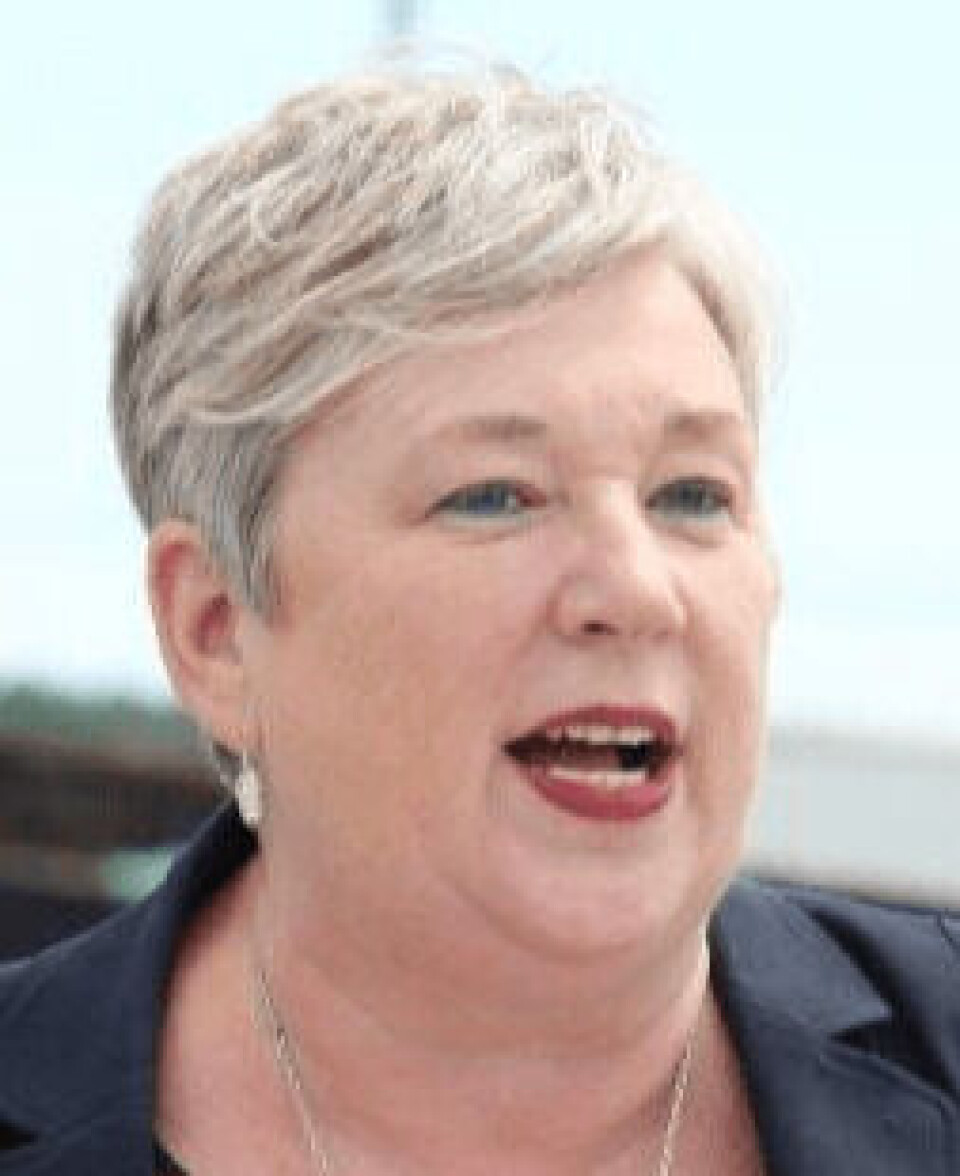
Mowi in court today to stop British Columbia fish culls
Lawyers for Mowi Canada West were due in court today to attempt to prevent the premature and costly slaughter of millions of salmon.
Mowi is seeking an injunction to stop the federal government from banning the transfer of fish to sites in the Discovery Islands in British Columbia.
Canadian fisheries minister Bernadette Jordan announced the closure of 19 sites in the Discovery Islands on December 17, giving the operators until June 30, 2022 to have the farms harvested and cleared. Jordan also stipulated that no new fish of any size may be introduced into the Discovery Islands facilities.

Inadequate warning
Mowi, which operates 10 of the sites, says it wasn’t given adequate warning of either decision and has nowhere else to put fish growing in nursery sites in other areas. These include 1.2 million fish which must be moved within the next few weeks or be culled.
The current book value of the fish, based on what has been spent on them to date, is more than $11 million. Mowi says killing the fish now would incur $500,000 in culling costs, result in lost profits of $14m and cause the equivalent of at least 56 full time jobs to be lost more than a year sooner than would otherwise have been the case.
Mowi has already culled 925,000 parr at a hatchery in order to make room at a site outside the Discovery Islands for larger fish from a nursery site, and estimates that it will have to cull millions more fish in total if it cannot stock them in the Discovery Islands.
First Nations
Jordan’s decision to close the Discovery Island farms followed discussions with First Nations in whose traditional territories the farms are sited, some of whom have since expressed dissatsifaction with the consultation process.
The closure order was made despite nine peer-reviewed studies by Jordan’s own Department of Fisheries and Oceans (DFO) that salmon farming posed no more than a minimal risk to migrating wild Sockeye salmon.
Her ban on fish transfers into the area went against the advice of her deputy, Timothy Sargent. He advised Jordan to issue 18-month licences for the Discovery Islands farms, adding: “There are juvenile fish in hatcheries that are destined for farms in the DI (Discovery Islands), which would need to be culled should the farms not be re-licensed.
“After these licences are issued, there will still be the need for additional DFO introduction and transfer permits to be issued for those smolts in the hatcheries in the current production cycle to be transferred to the farms to be grown out and harvested.”
1,500 jobs threatened
Sargent told Jordan that First Nations in the Discovery Islands expressed concern about potential impact of fish farms on wild salmon stocks in their claimed territories but added: “All of the First Nations shared an interest in extending the consultation period (with the federal government) and being engaged in the monitoring and/or management of the sites.”
The British Columbia Salmon Farmers’ Association (BCSFA) claims the closure decision will result in the loss of 1,500 jobs among fish farmers and companies that service the industry.
Mow, Cermaq Canada, Grieg Seafood BC and a smaller fish farmer, 622335 British Columbia Ltd, have applied for a judicial review of Jordan’s closure decision.























































